Event management has gotten a lot more complicated in the past few years. With new technologies coming up regularly, it can be overwhelming to stay on top of the fast changes in the industry. There’s a constant need to reinvent events, all while trying to increase productivity and work more efficiently. Meeting and event planners have to keep current to continuously manage a range of fields – analyzing data, planning, communicating, and most importantly transforming ideas into real experiences.
Needless to say, this complicated discipline of event marketing is powered by productivity. Since 2020 is set to be a busy year for event planners, here are 5 event planning productivity tips that will help event planners make the most out of their days:
1. Prioritizing the Tasks
The first rule of administrative command is prioritizing tasks on the basis of importance. With the overarching vision of the event serving as the parameter for judging the importance of tasks, tackling each task at a time is the most efficient way of getting things done. Time management and focusing on the right objective at the right time is the secret to efficient event planning. Prioritizing doesn’t mean rating certain event-related tasks as unimportant, it means doing the right thing at the right time.
As the event planning cycle is very similar in nature for every event type, you may consider creating a system that can be used through the entire portfolio of events you manage. For example, to plan for a conference you may start with booking the venue (so you can set on the date), followed by finding speakers and attractions (so you can promote the event), and reaching out to sponsors (to secure funds). Tasks that would take lower priority on the early stages of event planning may include catering, AV, promotional material, and more. Here’s a workback schedule template that can help you plan, prioritize, and delegate all aspects of your event.
2. Using Data to Make Decisions
Events have become increasingly analytics-based. There are various measurable factors that determine the success of an event. Hence, every important decision you make should be backed by information. Making data-based decisions also gives event managers the chance to improve with every decision.
Measuring Net Promoter Score (NPS) at the events, a metric for evaluating customer-loyalty for a brand or product is a great way of incorporating data into your event management processes. Also, conduct thorough surveys that surpass mere opinions and stories. Use calculable metrics to verify that the choices you make are impacting the event in a positive way.
Using data to make practical decisions helps event managers to learn from their mistakes and plan better events the next time. Since all decisions are being made based on prior results, event managers can reject ideas that haven’t worked in the past.
3. Creative Planning
Despite the scientific approach that all event managers are obliged to have when planning for events, at its core event management is still a creative process. Without innovation and the skill to anticipate what attendees may or may not like, event managers will never manage to host successful events. Innovation is what makes an event stand out.
Team up with creative partners — design artists, comedians, musicians, entertainers, furniture and visual effects artists. The goal is to make your event as appealing as possible. Challenge your creative partners to do their best- from designing event merchandise, to creating Instagram worthy spaces.
4. Focus on Culture
When selecting an event destination, be sure to inculcate certain aspects of that region’s culture into the event. Since there are going to be a lot of local attendees, integrating the culture of the community into the event is a great way of showing appreciation and making the event feel unique.
Collaborate with the Convention and Visitors Bureau of the locality to ensure you incorporate all the right cultural aspects of the place into your event so that your guests have a memorable outing. Take into account the nature and demographic composition of the region your event is being held in to steer clear of any oversights.
5. Investing in the Right Event Software
Event management software can save event planners a lot of administrative time and make teamwork more efficient. There are actually a number of benefits of using event technology to help you be more productive. Event management platforms help event profs build event websites and manage registration, ticket sales, event schedule, attendee messages, and more. Here are some ways you can save time and be more productive working with an event management platform:
- Automate tasks by cloning event website templates and email templates for different events, keeping the branding consistent across your event portfolio and saving time along the way;
- Create automated workflows to manage sponsors, speakers, and exhibitors;
- Keep all events in one unique platform, making it easier to track event performance across your entire portfolio of events;
- Have your entire team on board, avoiding mistakes and errors;
- And more.
Event management solutions like Attendease can help you by providing intuitive digital tools for event professionals across multiple industries. Event automation platforms can help you automate important processes like registration, event check-in, event surveys, email notifications, and more. User-friendly features in a website that cuts down on the time needed to carry out these tasks individually boost the productivity levels of the event management team.
Conclusion
With all the effort that goes into organizing a perfect event, there’s always the risk of an unforeseen error. That’s where all this preparation helps. By following these essential tips, event managers will be ensuring that they are fully prepared to battle any unexpected circumstances.
Want an easier way to manage events in 2020? Attendease helps event managers create customized, branded and full-featured event websites while managing registration, passes, attendee communication, event analytics, and more. With a tool like Attendease, event managers can provide their attendees with a comprehensive one-stop-shop for all the event-related information that they need.
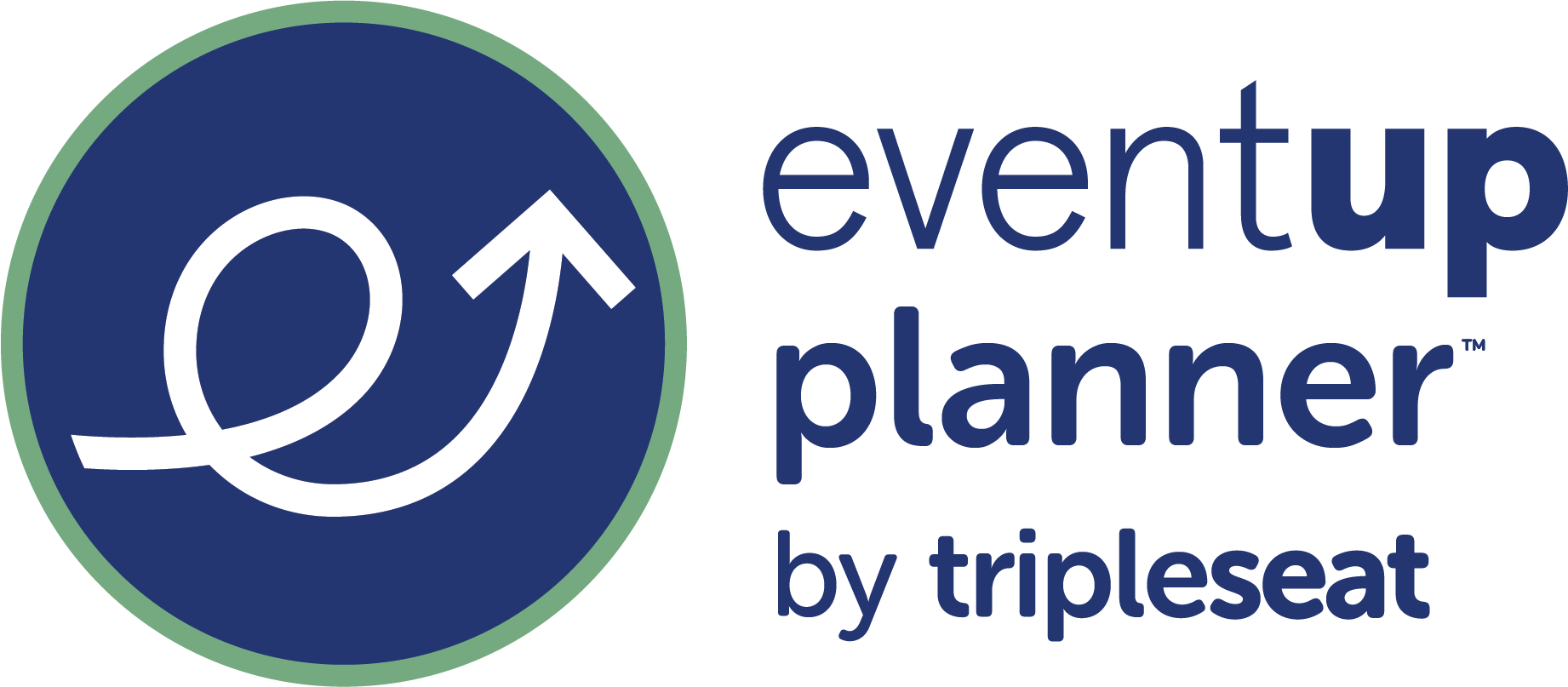

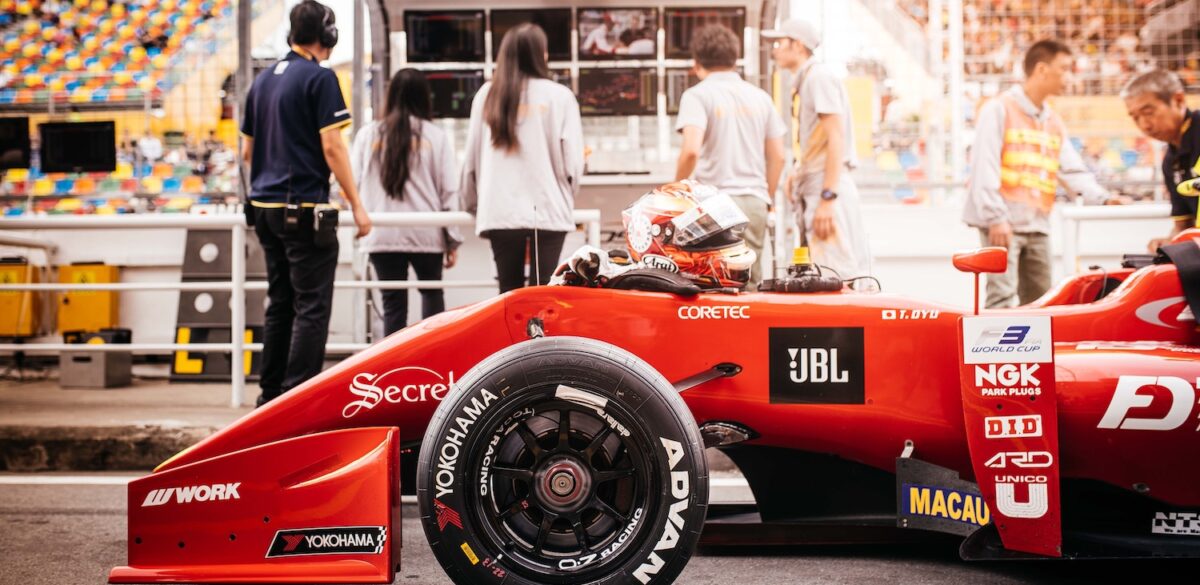
![Best Event Management Software for 2020 [Infographic]](https://eventupplanner.com/wp-content/uploads/2021/02/session-slotter-LR-900x585.jpg)
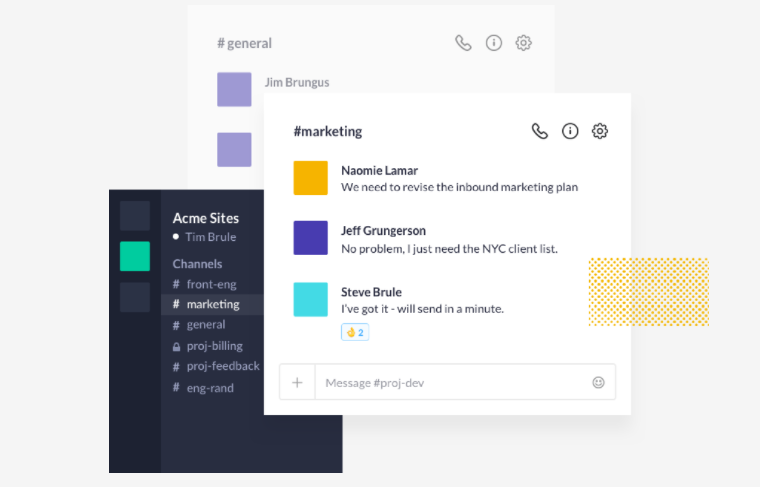

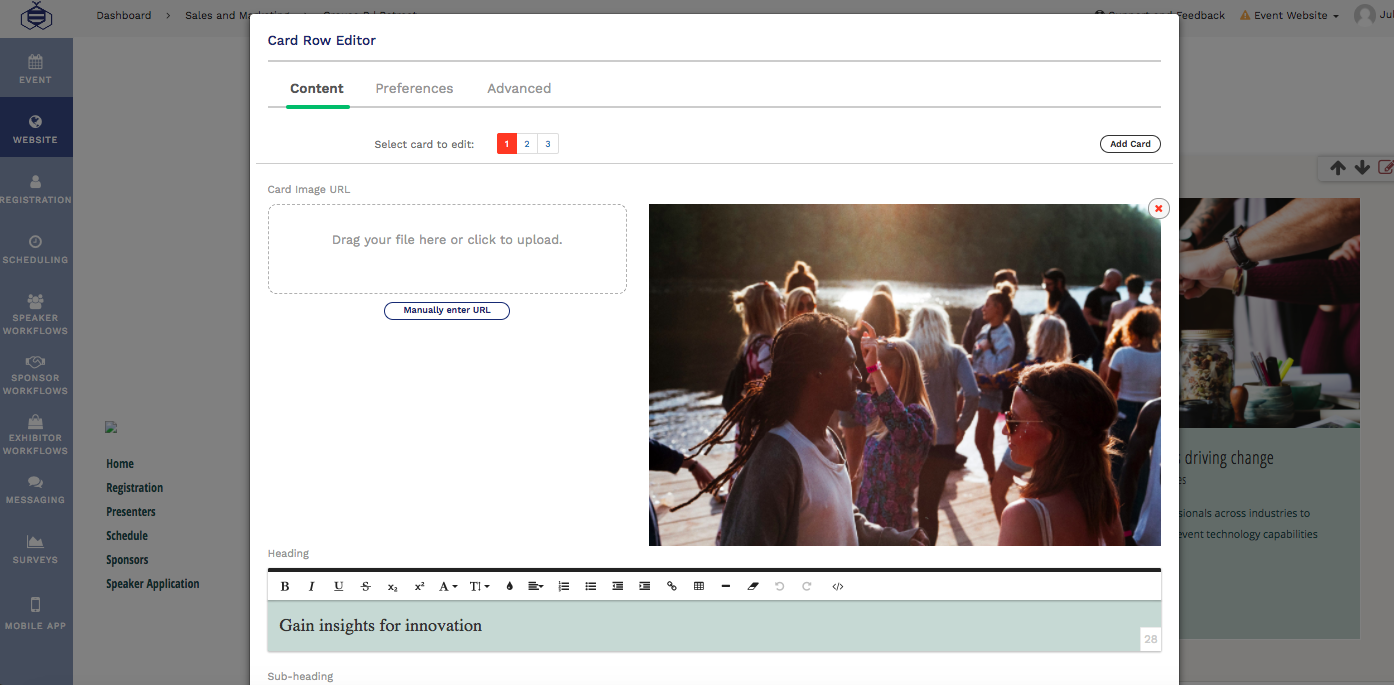
.jpg)
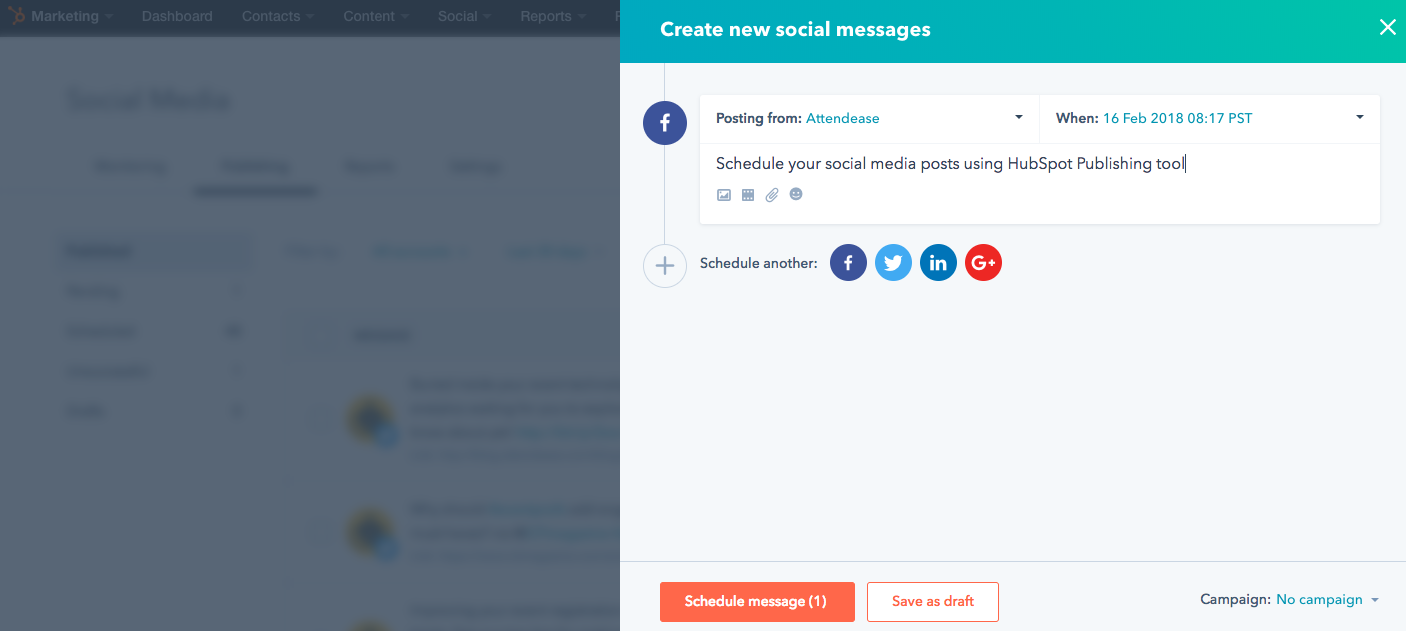
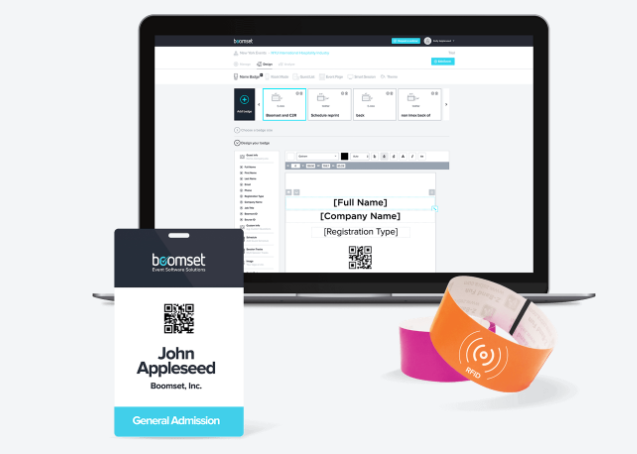
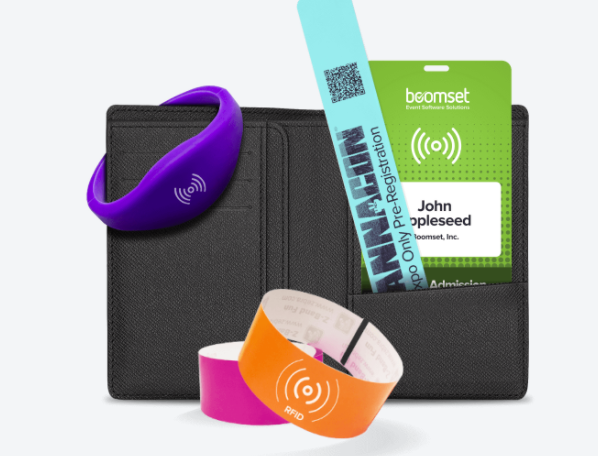
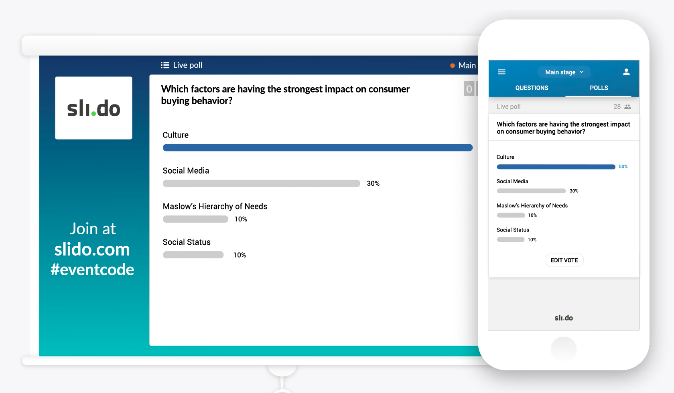
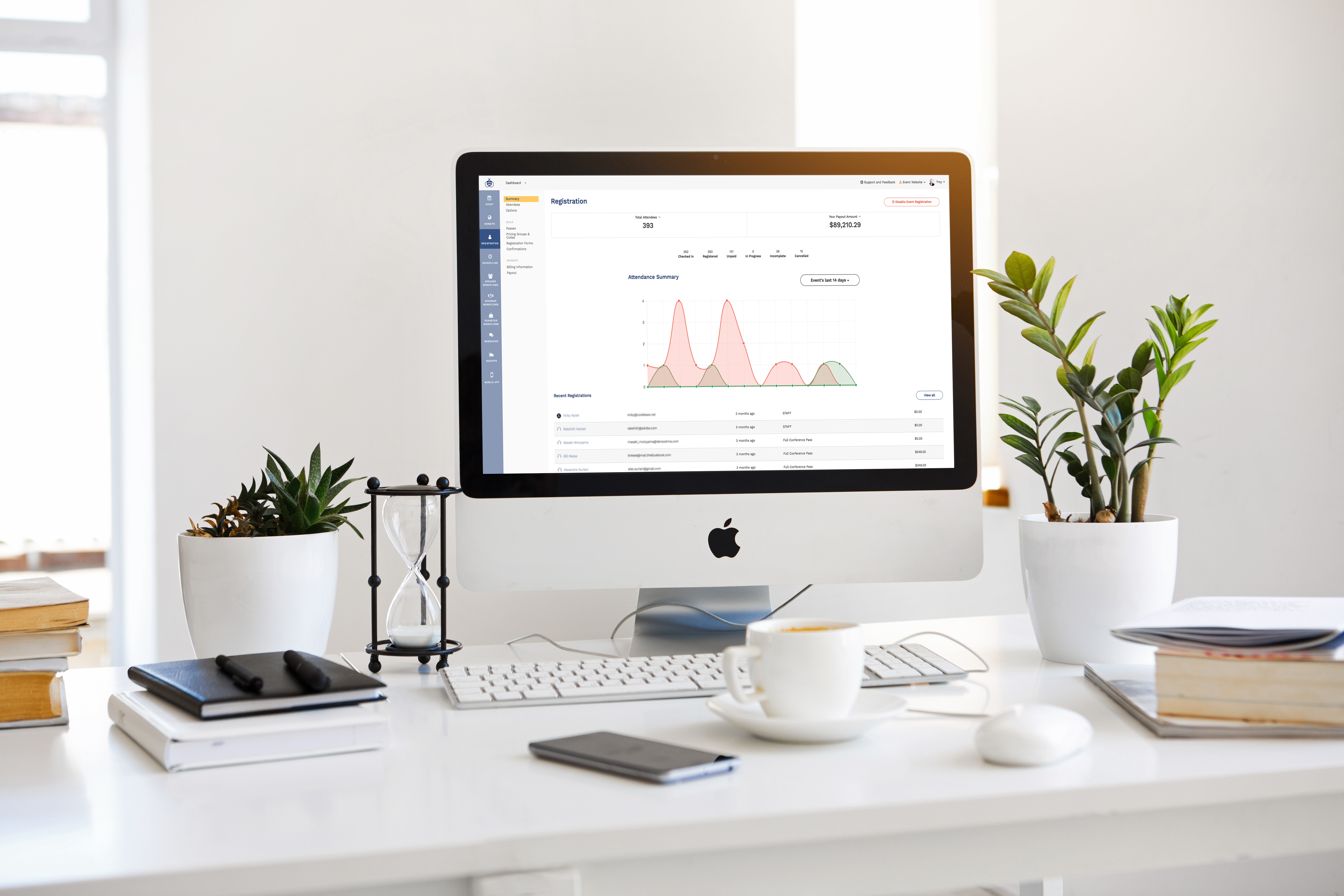
.png)